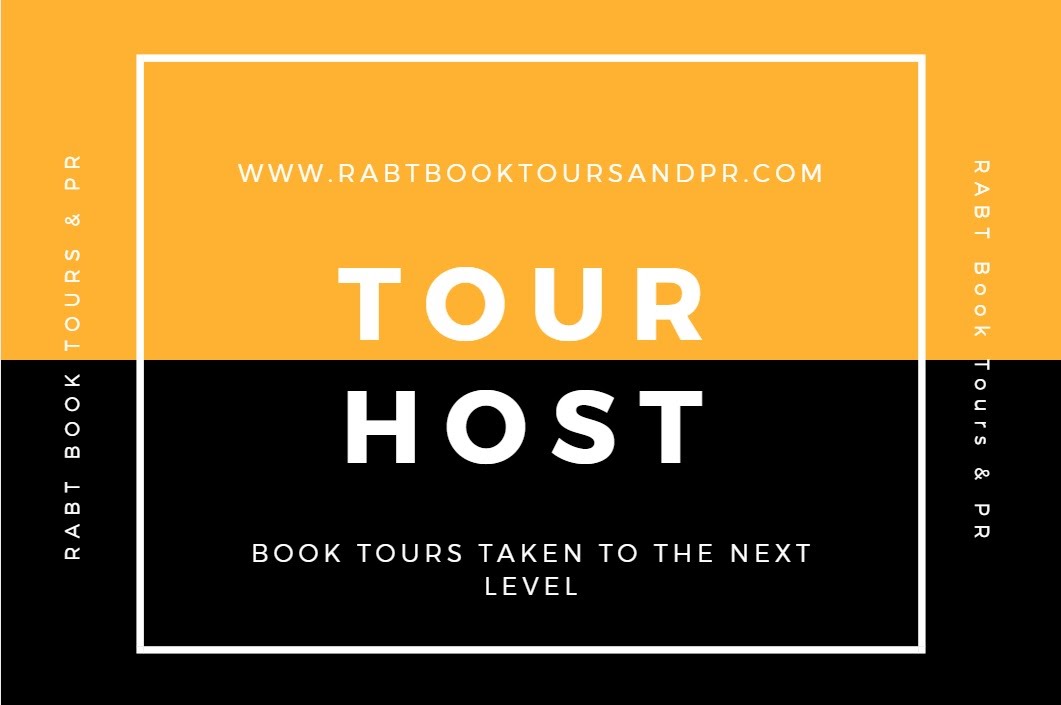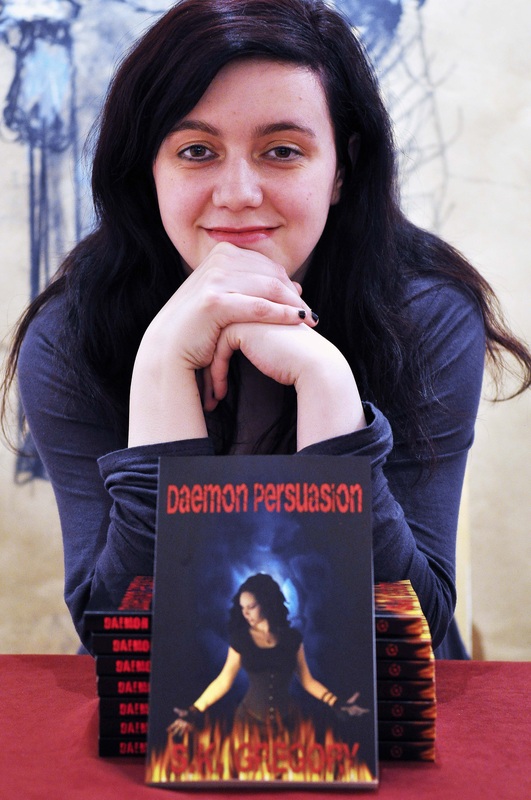|
As an urban fantasy writer, magic is of course a big part of my books. I love writing stories about witches in particular and it is always fun to think of cool powers to give them. I have found though that when writing urban fantasy, magic needs to be believable. What do I mean by that? You need to be aware of the scope of that power and how it works. If the protagonist has a power that can wipe out an entire army with a wave of her hand, then it's not going to be believable if she can't take down a handful of bad guys because it suits the story.
Every power must have limitations. Whether that is what can be achieved with the power or the effect it has on the user. It could drain them or make them weak when they use it too much. It must be consistent. Magic cannot be a get-out-of-jail-free card one minute and fail to work the next, not without good reason. How many times have you watched a TV show and thought why didn't the character just use their power to stop the bad guy? Take Charmed as an example - there are plenty of times when Piper could have frozen time to help the situation. Or Prue could have moved an object away before the bad guy grabbed it. You could simply say it was hesitation or they didn't react quickly enough, but often times it seems to be done to give the bad guy the edge, only for them to return later to be vanquished. There is a danger in making your character too powerful. It may be fun to make them the most powerful witch/being/magic user of all time, but what happens when they go up against the bad guy? The stakes aren't exactly high when you know the protagonist can defeat them with ease. Many storytellers resort to taking the protagonists' powers away temporarily. Or they are forced to create more powerful villains in each book for them to go up against. You can see in shows like Supernatural how this gets more and more crazy with time and they didn't even have magic on their side! Plan your books out in advance, consider the magic used and how it will work against your villains. Some of the best ways of using magic is to have the MC come into their powers at the beginning of the story, which means they are not entirely in control of them until later in the series. You could make their magic unpredictable, where it doesn't work the way they want it to. Or you could make it so their power grows the more they use it. Magic is a great addition to a story. Make it fun, make it believable, and always know your limits.
0 Comments
Gone are the days when villains could be evil just for the sake of it. Today's readers want complex villains with great backstories who they can love to hate. So what makes a great villain?
Some of my favorite villains are those that have tragic backstories, who were mistreated themselves or lost someone they loved. Rather than try to get help, they let their anger and grief consume them. They're better villains because you can almost understand why they turned to the dark side. You might even see yourself following the same path if you were in their position. Another recurring theme with villains is that they want to do something drastic, that will throw everything into chaos, but you do see their point. They make a good point, they just lack the right execution. (Looking at you Marvel) One of my all-time favorite villains is Regina or the Evil Queen from Once Upon A Time. She is complex, the daughter of a narcissist and she lost the man she loves at the hands of her own mother. She did not immediately become a villain, but that anger grew over time. It became more complicated because Regina loved her mother, and from a young age, she was told that what she was doing was for Regina's own good. Regina couldn't hate her mother, so she directed her anger toward Snow White. She then isolated herself, let jealousy get the better of her, and gave in to her dark magic. Her anger became a shield to hide behind and to protect her. Even later in the series, after she redeems herself, you can see her putting up that shield when upset. This makes her more sympathetic because her journey is long, but she wants to be a better person in the end for her child. Many villains on TV shows are redeemed, usually by falling in love with the main character such as Spike or Damon. Redemption is a great theme in books, but it cannot happen overnight. You also need to balance out what that person has done as a villain and what they had done to redeem themselves. The scales will never balance of course, especially if they have killed people, but they can work toward their 'happy ending' by doing the right thing and letting go of their villain ways. When it comes to writing your villain, you need to have a good reason for their actions. People aren't born evil, events shape them. This could be loss, neglect, abuse, or simply being raised in an environment where it was expected of them. You need to understand what makes them tick, that way you can predict how they will react to a situation. A villain often comes from a similar background to the protagonist. They are two sides of the same coin, where one gave into darkness and the other finds the light. Do research into how a person reacts to a bad upbringing or abuse and this way you can accurately reflect this in the villain. Not everyone born into these circumstances becomes a bad person, but for those that do, there is usually a point of no return for them. We like to cheer when the villain is killed, but when you give your villain depth, you often have mixed feelings over their demise. Yes, they did horrible things and they have to die. However, you can see that had circumstances been different, they could have been saved. This makes it all the more tragic. When it comes to writing your villains, take the time to get them right. Give them good motivations for doing the things they do and don't forget to give them some good attributes too. Your villain may be the most horrible person on Earth, but that doesn't mean he still can't have a soft spot for animals! Happy writing! We were all first-time writers once, and some of you still are. Writing a book is hard work, but rewarding too when your story finally comes together. Most first-time writers don't think much beyond getting to the end of their book, but you need to consider what happens after you finish and create a plan. Here are five mistakes I see first-time writers make and I have made some of them myself.
1) Once your book is completed, it needs to be professionally edited. There is no way around this. Even if you are an English Major, it still needs to be looked at by a professional. Putting up a book with a lot of typos or spelling mistakes will put readers off and they may give you bad reviews. A professional editor can polish your manuscript and ensure you are putting up the best version of your book possible. 2) Consider your audience. What genre is your book? Who are your potential readers? You need to be sure that the book appeals to them. For example, if you market your book as a romance, but the story is full of adventure scenes with romance playing second fiddle, then you have it in the wrong category. Genre is something to be considered before writing as you need to make your book as appealing to readers of that genre as possible. 3) Being unfamiliar with the genre you are writing. Never write a genre you haven't read extensively yourself. Most writers will write horror for example, because they are huge horror fans themselves. They know what works and what doesn't for that genre. If you have never read a thriller before, do not attempt to write one. Do your research first. Read as many books in the genre as you can and learn what tropes work best for that genre. 4) Cover Design is key. If you plan to self-publish your work, a great cover can really improve sales. This can be daunting because some covers are quite expensive. You will find though that they make all the difference when it comes to getting readers to notice your book. Don't be tempted to use the cover creator tools on sites. They do not make your book stand out. 5) If you choose to go down a traditional route for publishing, always do your research. You need to be sure that you are sending your book to a publisher or agent who deals specifically with your genre. Check out their websites for the submission terms and always follow them to the letter. If they say they are currently closed for submissions, don't send your book anyway. If they expect a cover letter and synopsis, be sure to include them. You want them to take the time to read your book and that means following their guidelines. When you are first starting out, you may find that a lot of writing is trial and error. Take on board any advice offered, and do your own research too. Writers rarely become overnight successes when starting their careers. Perseverance is needed and the ability to learn and adapt to new changes. Writing is a marathon, not a sprint. Take the time to get it right and you can have a lasting career as a writer. 1) Tell us about your book A Measure of Happiness was inspired by the true story of the Casket Girls. In 1728 young French women were sent to colonial Louisiana to become brides. Upon their arrival, rumors started floating around that some of the girls were vampires. A Measure of Happiness is the story of Mariette Rossard adapting to life with her new husband in the wild country. (And yes, she is a vampire.) It is a historical fantasy tale with a dash of romance (and blood—because you know, vampires). https://books2read.com/AD-AMOH 2) What themes does your book explore? Looking for a home, a place to belong. Adapting. 3) Tell us something unusual about your main character. Sunlight and garlic do not bother Mariette. She became an orphan and a vampire on the same night. All she knows about being a vampire she has learned through trial and error. 4) Is this a standalone book or a series? This is a standalone book. I do have plans to write a follow-up story for Mariette which will take place ten to twenty years after the events in this book. 5) What is next for you? Right now I am writing a steamy wolf-shifter romance. 6) What genres do you write in and why? I write urban fantasy, paranormal romance, steamy romance, and occasionally horror. While I read a multitude of genres, magic hooks me every time. I love the possibilities and pitfalls of magic and magical worlds. 7) Describe your writing style I write in both first and third person. It depends on the character which POV I choose. I have started writing in one style and changed because I can tell the main character’s story better in the other style. There’s no rhyme or reason behind my decision—it just feels natural to tell the story in a way that fits the main character best. 8) What inspires you to write? Ideas come to me at odd times. While walking my dog, or at work, sometimes when I’m trying to fall asleep. I have little notebooks with ideas, but what inspires me to write the full story is how vividly I imagine the characters. They take on a life of their own as I write. 9) Who are your favourite authors? Oh so many! This is not in any particular order—Ilona Andrews, Patricia Briggs, Kelley Armstrong, Nalini Singh, Lexi Blake, Joey W. Hill, Chloe Neill, Jennifer Estep, Neil Gaiman, Anne Bishop, Stephen King, and Jim Butcher. 10) Tell us something unusual about you. I volunteer for a local horse rescue (sixteen years and counting). It isn’t glamorous, but someone has to muck out the stalls. Before that, I volunteered with Miracles in Motion for ten years. MiM uses adaptive therapeutic riding and hippotherapy to provide support and opportunities for children and adults with physical and mental disabilities. When not daydreaming about plot lines and characters Andra practices yoga, reads voraciously, and drinks too much coffee. She loves road trips and going off on wild tangents. Andra writes in multiple genres—including but not limited to—urban fantasy, steamy romance, paranormal romance, and horror.
Urban Fantasy is a popular and multilayered genre that has really proven a hit with readers. Urban Fantasy authors include Kelley Armstrong, Laurell K. Hamilton, and Kim Harrison, but what is Urban Fantasy.
Urban Fantasy refers to a subgenre of books that feature magic and the supernatural in a modern-day setting. The appeal of these books is the idea that magic could exist in our world, we just don't see it. If you have thought about writing Urban Fantasy but don't know where to start, you should be aware of the most common tropes for this genre. If you are unfamiliar with tropes, these are elements that go into a story that tells the reader what genre they are reading. For example in a romance book you would have boy meets girl, boy loses girl, boy and girl find each other again. They are familiar events that shape the story and give readers what they want. So what are Urban Fantasy tropes. While some can come and go, the main tropes of UF are -
The MC tends to be a woman, although there are male leads in a lot of popular UF series including that of Jim Butcher. There will be little to no romance, or it can feature but it won't be crucial to the plot. When it comes to writing these types of books it is important to take the time to worldbuild before beginning. What are the rules? What creatures exist? Do humans know about them?The rules you create in your world could add more conflict for your MC. For example, perhaps the humans don't know about magic and she accidentally reveals it to the world. Or perhaps the supernatural community has revealed themselves, but they are forbidden to harm humans. When someone is found dead, seemingly by a supernatural creature, your MC could investigate and try to clear their name. The possibilities are endless and you can have a lot of fun coming up with new ideas for these types of books. Be sure to check out Urban Fantasy authors and read their work to familiarize yourself with the genre. Happy writing! |
Monthly Newsletter
Categories
About the Author:S. K. Gregory is an author, editor and blogger. She currently resides in Northern Ireland. “Description begins in the writer’s imagination, but should finish in the reader’s.” Archives
July 2024
Categories |
||||||||||||||||||||||||||||||||||||||||||||||||||||||
© 2024 S.K. Gregory
Proudly powered by Weebly

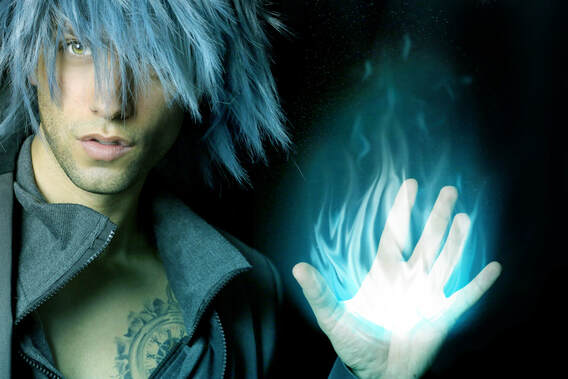
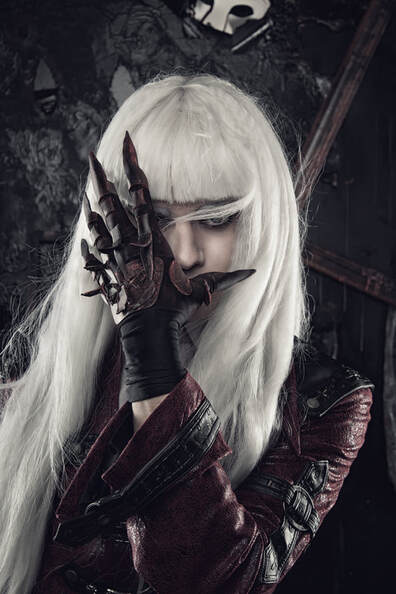

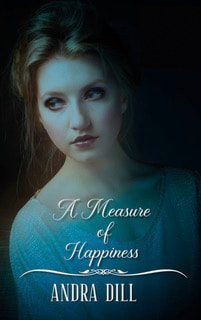
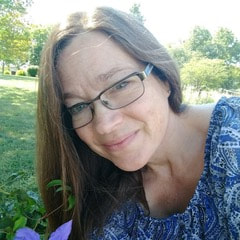
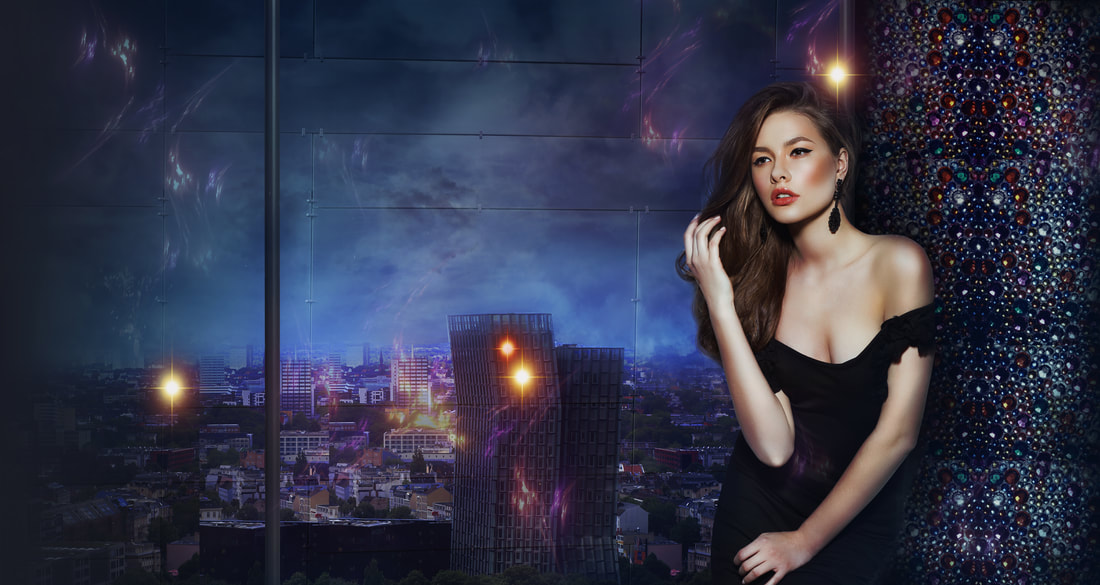


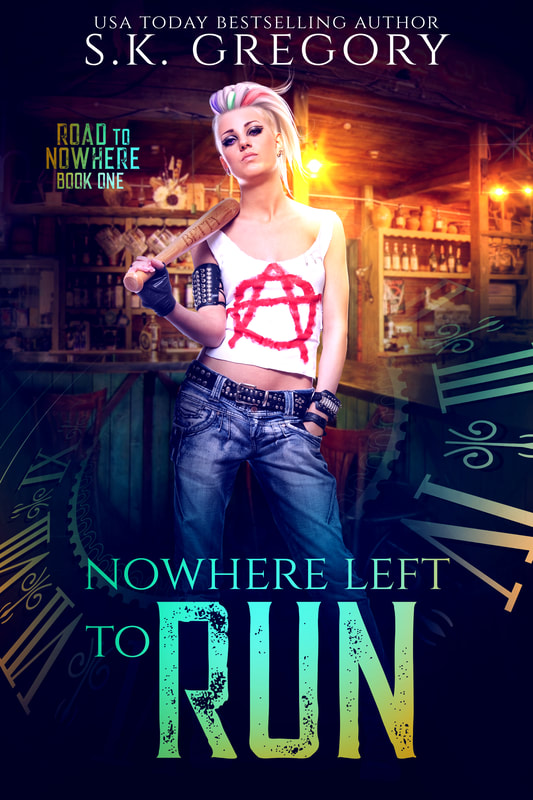

 RSS Feed
RSS Feed
